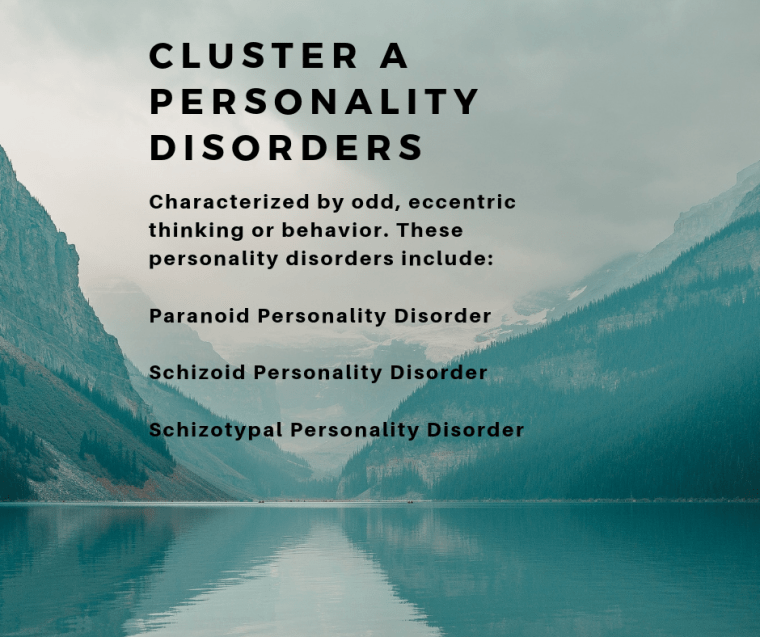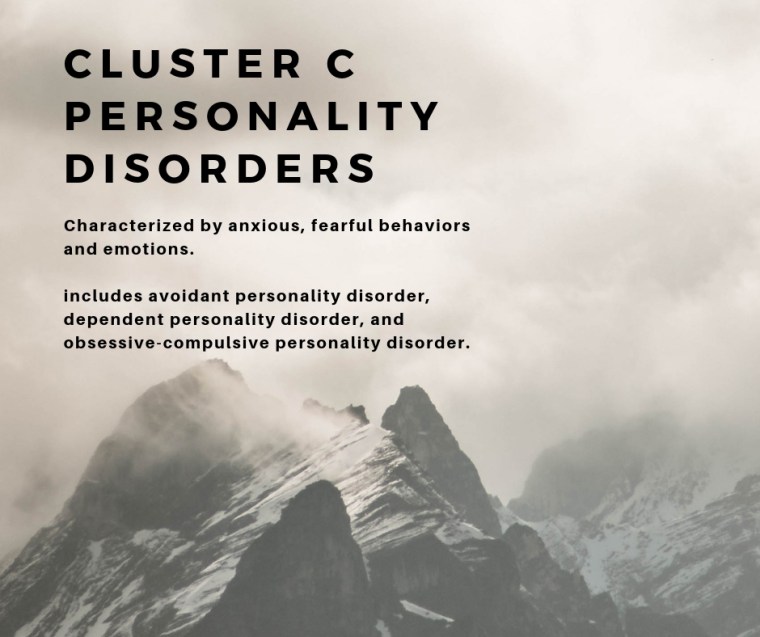
One question you’ll often hear people ask is are personality disorders true mental illnesses. Personality disorders are a broad set of mental health disorders, and they’re often misunderstood even by the people who struggle with them. Personality disorders have wide-reaching effects on a person’s life, relationships and functionality. They are treatable.
Are Personality Disorders True Mental Illnesses?
What's In This Article?
Before looking at whether or not personality disorders are true mental illnesses, what are they?
There are 10 personality disorders. Characterized by long-term thought patterns and behaviors viewed as rigid and inflexible, personality disorders can make it difficult for a person at work, and in relationships. Someone with a personality disorder may find dealing with normal, everyday stress is a significant challenge. Relationships with others can be rocky and volatile.
With the 10 diagnosable personality disorders, symptoms are different for each. Personality disorders can be diagnosed as mild or severe, and it’s difficult for someone with a personality disorder to recognize a problem exists. They will often blame others for situations and problems in their life.
What Are the Personality Disorders?
Before answering the question are personality disorders true mental illnesses, it’s helpful to have some general background on these disorders. Personality disorders are grouped into three categories or clusters. These are cluster A, B and C personality disorders.
Cluster A Personality Disorders
Custer A personality disorders are defined primarily by odd or eccentric thinking and behavior. Cluster A personality disorders are:
- Paranoid Personality Disorder; There is ongoing suspicion and distrust of other people, and an unrealistic belief that other people are trying to harm you, or lie to you. As a result, someone with paranoid personality disorder might hold grudges and react with aggression or hostility to what they see as perceived slights.
- Schizoid Personality Disorder: This disorder is defined as a lack of interest in relationships or social activities. Someone with schizoid personality disorder may prefer to be alone, takes little pleasure in anything, and comes off as being indifferent to others.
- Schizotypal Personality Disorder: Someone with schizotypal personality disorder may have strange ways of dressing, thinking, speaking or behavior. They may perceive things that aren’t there, have inappropriate emotional responses, and have trouble with close relationships.

Cluster B Personality Disorders
The primary characteristics of cluster B personality disorders are overly emotional responses or responses that are dramatic and unpredictable. Specific cluster B personality disorders are:
- Antisocial Personality Disorder: Characterized by a disregard for the needs and feelings and others as well as ongoing lying, stealing and manipulation. People with antisocial personality disorder may be aggressive and violent, have frequent legal problems, and show impulsive behavior. There is a lack of remorse for these behaviors.
- Borderline Personality Disorder: This personality disorder often includes impulsive, risky behaviors, unstable and intense relationships and moods that go up and down. People with untreated borderline personality disorder may have a fear of being abandoned, have intense anger, and may have paranoia particularly related to stress.
- Histrionic Personality Disorder: Histrionic personality disorder means someone seeks attention and is very emotional, dramatic or tries to be sexually provocative to gain attention. They are easily influenced by other people, are shallow with fleeting emotions, and may imagine they have closer relationships with certain people than they do.
- Narcissistic Personality Disorder: When someone has narcissistic personality disorder, they may believe they are better and more important and unique than other people. They have trouble recognizing and understanding other people’s feelings, they are arrogant and they expect constant praise. They tend to take advantage of other people and either have a strong sense of jealously toward other people or believe other people are envious of them.

Cluster C Personality Disorders
Cluster C personality disorders tend to be defined by anxious behaviors or a sense of fearful thinking. Cluster C personality disorders are:
- Avoidant Personality Disorder: With avoidant personality disorder, the affected person is very sensitive to real or perceived criticism or rejection. A person with avoidant personality disorder may often feel like they aren’t adequate or are inferior to others. As a result, someone with this particular personality disorder might avoid any activities requiring interpersonal interactions.
- Dependent Personality Disorder: Someone with dependent personality disorder will need others to take care of them and make decisions for them. Signs of dependent personality disorder can include submissive behavior, or a fear of being on one’s own or taking care of one’s self.
- Obsessive-Compulsive Personality Disorder: This isn’t exactly the same as obsessive-compulsive disorder (OCD), although the two are similar. Someone with obsessive-compulsive personality disorder will want to control situations and other people. A person with this personality disorder is obsessed with rules, rigid ethics, and perfectionism.

Personality Orders are a Mental Illness
After exploring the types of personality disorders, back to the original question—are personality disorders true mental illnesses? The answer is yes.
One reason people wonder if personality disorders are true mental illnesses is because they may not cause the person dealing with them distress. Significant distress is a defining characteristic of most mental health disorders. It’s something that’s used as a diagnostic criteria for mental health disorders such as anxiety, depression and bipolar. Most people with mental health disorders can easily identify their symptoms and they can indicate why these symptoms are problematic for them.
For example, if someone has anxiety they may know their fears are unwarranted, but they can’t control them. That creates identifiable distress.
With personality disorders, this may not be the case. Someone with a personality disorder may not realize they have any problem, or even that they’re experiencing problems in their lives. They may believe nothing is wrong, or if they do think something is wrong, they may believe it’s other people’s fault.
The symptoms of a personality disorder may not cause the person experiencing them any distress, yet the people around them may experience extreme distress. This is why health care providers often want to speak with the family and people close to someone with a possible personality disorder. This can be an important part of diagnosing one of these disorders.
Even so, yes a personality disorder is classified as a true mental illness. As such, personality disorders are not necessarily curable, but are treatable usually with a combination of psychotherapy and medication.

